Feature
-
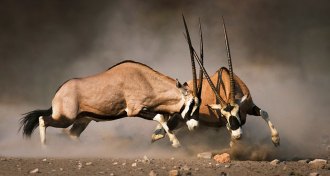 Animals
AnimalsFighting like an animal doesn’t always mean a duel to the death
Conflict resolution within species isn’t always deadly and often involves cost-benefit analyses.
By Susan Milius -
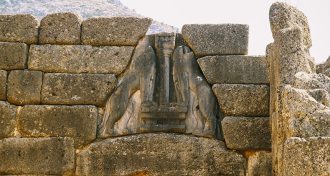 Archaeology
ArchaeologyHow a backyard pendulum saw sliced into a Bronze Age mystery
A saw no one has seen may have built Bronze Age Greek palaces.
By Bruce Bower -
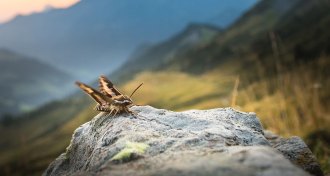 Animals
AnimalsFlying insects tell tales of long-distance migrations
Researchers are asking big questions about animal movements and pest control by tracking tiny insects in flight.
-
 Health & Medicine
Health & MedicineAre we ready for the deadly heat waves of the future?
As heat waves become more common, cities try to respond.
-
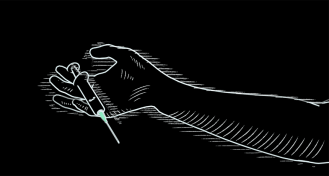 Health & Medicine
Health & MedicineOpioids kill. Here’s how an overdose shuts down your body
Powerful opioids affect many parts of the body, but the drugs’ most deadly effects are on breathing.
-
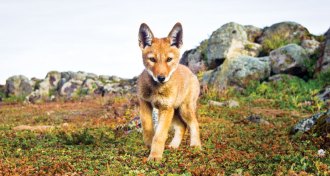 Animals
AnimalsHow oral vaccines could save Ethiopian wolves from extinction
A mass oral vaccination program in Ethiopian wolves could pave the way for other endangered species and help humans, too.
-
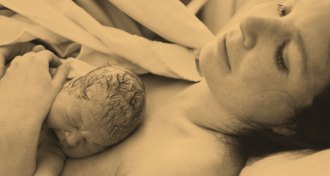 Neuroscience
NeuroscienceDepression among new mothers is finally getting some attention
Scientists search new mothers’ minds for clues to postpartum depression.
By Laura Beil -
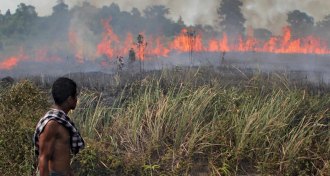 Ecosystems
EcosystemsWhen bogs burn, the environment takes a hit
Bogs and other peatlands around the world store outsized amounts of carbon. Climate change and agriculture are putting them at risk.
-
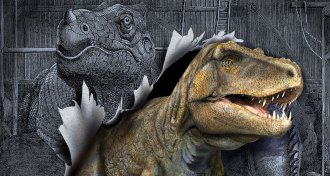 Paleontology
PaleontologyNew fossils are redefining what makes a dinosaur
While some researchers question what characteristics define the dinosaurs, others are uprooting the dino family tree altogether.
-
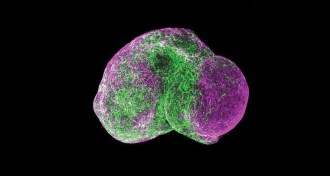 Humans
HumansHow to build a human brain
Organoids, made from human stem cells, are growing into brains and other miniorgans to help researchers study development
By Ingfei Chen -
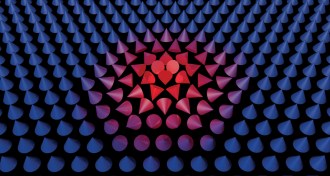 Materials Science
Materials ScienceSkyrmions open a door to next-level data storage
Skyrmions are tiny magnetic swirls that are hard to undo and may be perfect for miniaturizing electronics.
-
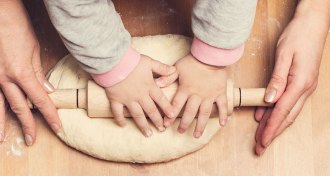 Psychology
PsychologyWhen it’s playtime, many kids prefer reality over fantasy
Given a choice between fantasy play and doing the things that adults do, children prefer reality-based tasks, studies suggest.
By Bruce Bower